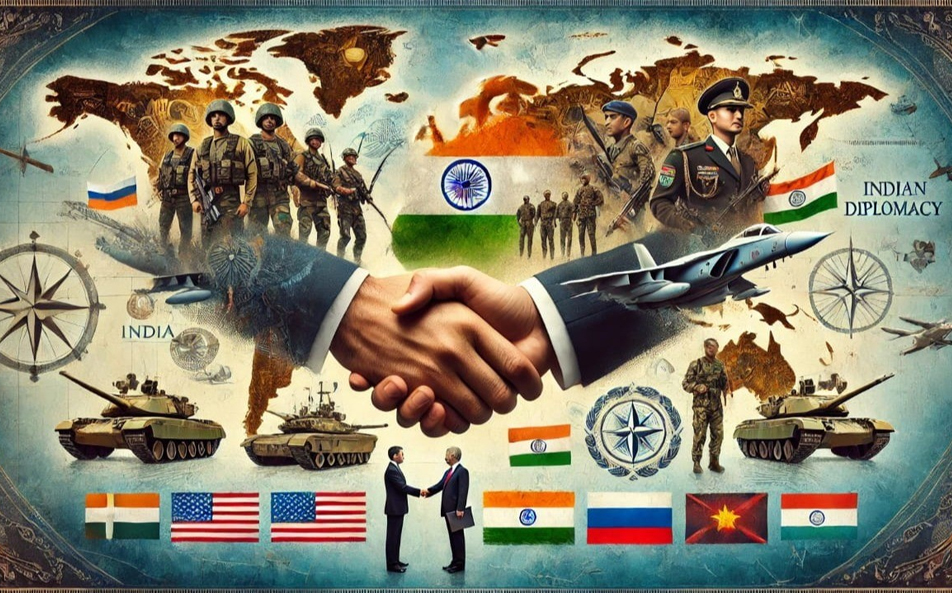Seventy-eight years after winning its independence, India is no longer just the world’s largest democracy. It is increasingly a central player in defining the global conversation — from conflict resolution to artificial intelligence governance, from climate diplomacy to public health.
On the Frontlines of Peacekeeping
India remains one of the United Nations’ most committed peacekeeping contributors, with more than 6,000 troops and police deployed in some of the world’s most volatile regions. In South Sudan, Indian units have protected civilians and delivered critical aid under fire.
This year, New Delhi launched the Peace and Stability Fellowship, training young officers in post-conflict rebuilding, a signal that India intends to deepen its role as a stabilizing force in global crises.
Diplomacy Beyond Borders
At G20 summits, BRICS+ meetings, and climate negotiations, India has emerged as a sought-after intermediary. Over the past year, its diplomats have brokered quiet dialogues between rival African states and helped forge consensus at COP29 in Brazil.
Pushing a Global South Consensus, India is pressing for equitable technology access, fair trade, and sustainable debt solutions — positioning itself as a bridge between the industrialized world and developing nations.
Ethics in the Age of Artificial Intelligence
With AI adoption accelerating, India has taken the lead in building global safeguards. The Bengaluru Principles on Responsible AI, adopted by over 40 nations, were drafted under India’s leadership in partnership with UNESCO.
They call for algorithmic transparency, data fairness, and measures to curb AI-driven misinformation — embedding ethics into technological progress.
Climate and Health as Pillars of Leadership
In climate diplomacy, India’s “Green Growth” initiatives are financing renewable energy transitions in vulnerable countries across Africa and the Pacific.
In public health, the country’s post-pandemic vaccine diplomacy has shifted to low-cost solutions for dengue and malaria, with Indian pharmaceutical expertise supplying affordable treatments to nations with limited healthcare capacity.
At 78, India is no longer content to be a participant in global affairs — it is shaping the rules, forging the partnerships, and championing causes that will define the decades ahead.


